PROTECT YOUR DNA WITH QUANTUM TECHNOLOGY
Orgo-Life the new way to the future Advertising by AdpathwayIf there is a warm fuzz left over from what No 10 no doubt sees as a successful management of Donald Trump’s toddler ego, it should be washed away by the cold shower of reality.
While King Charles took the US president on a fairground ride around Windsor Great Park, Saudi Arabia and Pakistan were enjoying the glow of a nuclear embrace.
The influence of the West has been in freefall under Trump 2.0. But now that the Saudis and Pakistanis have signed a joint defence pact, which inevitably brings Riyadh under Islamabad’s nuclear umbrella, Anglo-American influence in the Middle East and beyond has crashed into the desert sands.
The two nations, both hotbeds of Islamist ideologies that have spread violence around the world, are showing they’re far beyond the reach of Western influence and post-colonial hangovers.
The UK had enjoyed an outsized influence in Pakistan. During the Afghan conflict in the early 2000s, a senior British general once said after meetings in the Pakistani capital, that “every level of government and military, even the intelligence services, is still convinced that the Americans are working for us”.
That’s over now.
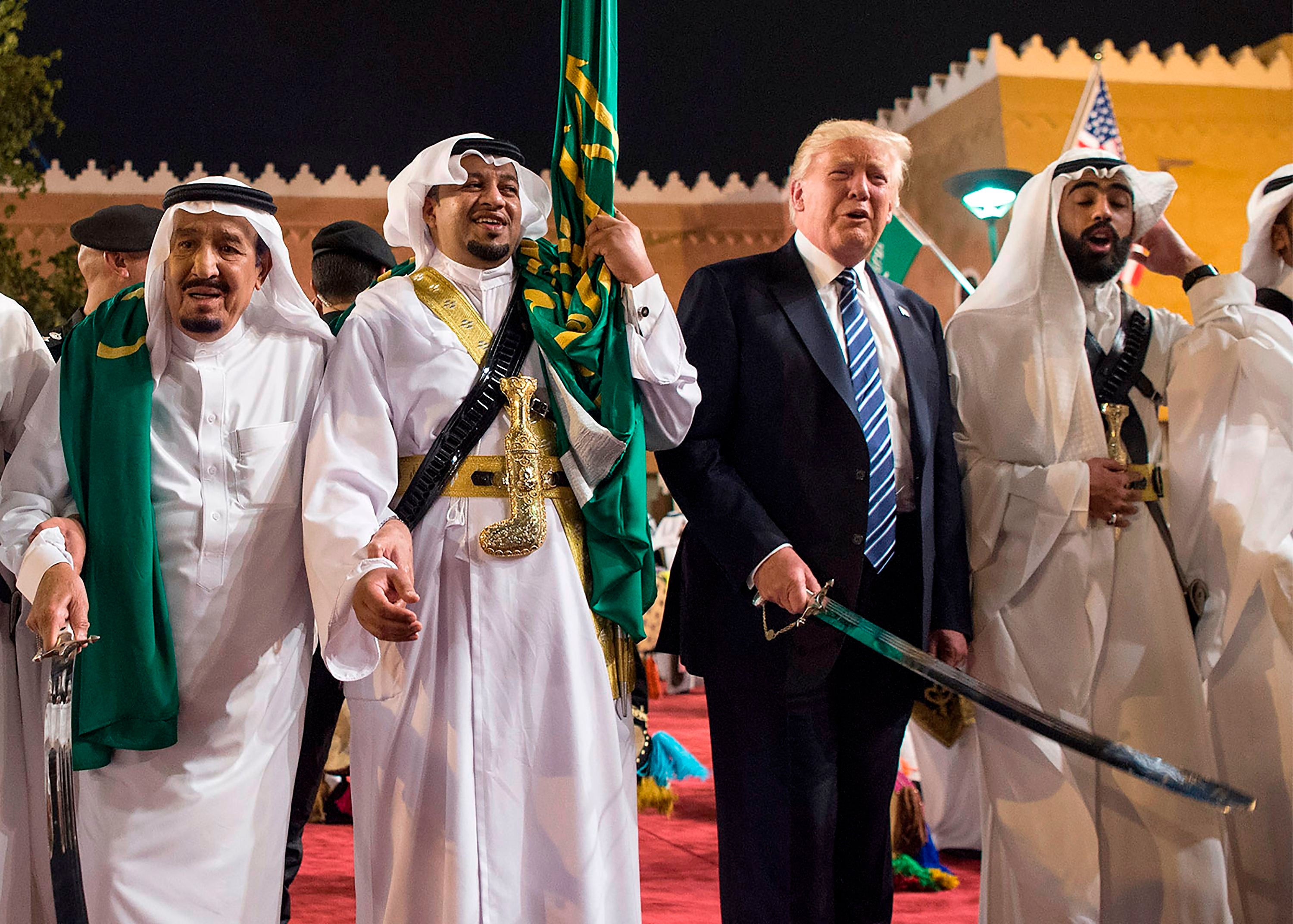
After Israel bombed Qatar, killing at least five people, including a Qatari national, earlier this month, and Trump claimed he didn’t know about the attack, no US ally in the Middle East will believe a word that comes out of the Oval Office. And none of the emirs and other rulers in the region can rely on America for their security.
Already waning in influence, the US’s unprincipled support for Israel over Gaza has shaken even the cynical and largely unprincipled rulers of the Middle East.
Talks between Saudi Arabia and Pakistan, which has 600,000 people in its armed forces and nuclear weapons (aimed at India), obviously pre-date the Qatar attacks by Israel. But as the US has its biggest air base on the Gulf island – but was unable/unwilling to protect it against Israel, why would local leaders believe America will protect them against another Israeli attack – or a nuclear Iran in the future?
Saudi Arabia and Tehran have been warming up their relationship, even as the US and Israel attacked Iran’s nuclear programme and assassins hunted its nuclear scientists.
Now, Riadh believes, it has nuclear cover from Pakistan.
"This is a comprehensive defensive agreement that encompasses all military means," a Saudi official told Reuters.
In conventional war terms, the deal gives both Saudi Arabia and Pakistan the right to call on one another if they are attacked.
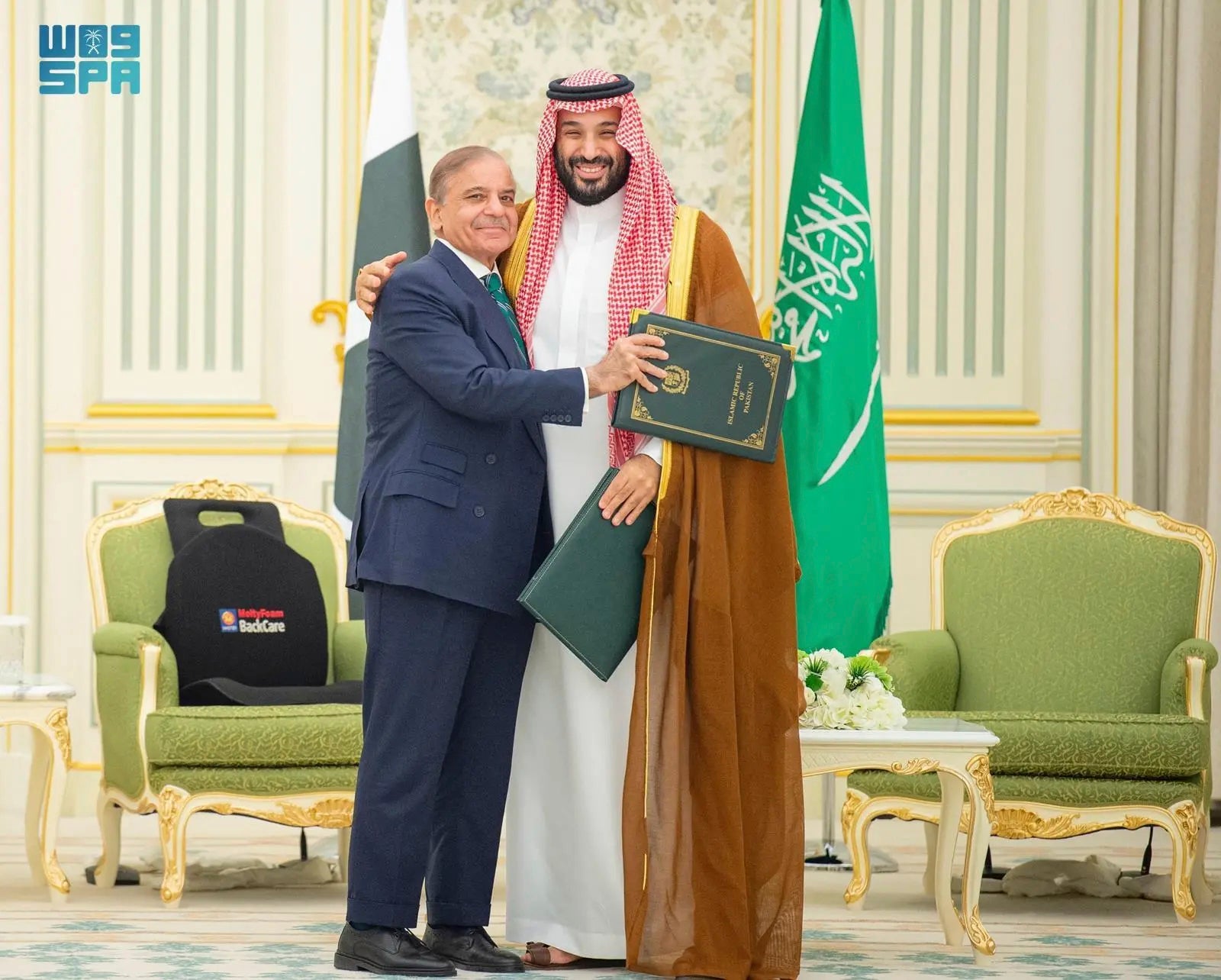
India and Pakistan fought a five-day conflict earlier this year after Delhi launched reprisal raids against alleged terrorist bases following an attack in Kashmir. The two countries have been at or on the brink of war almost nonstop since 1948.
Pakistan will feel a lot stronger with Saudi muscle and money behind it.
Saudi Arabia’s de facto ruler, Crown Prince Mohammed bin Salman, is trying to modernise his country but bringing it into conflict with the very Wahhabi Islamic tradition that has kept the House of Saud in power since the 1930s.
Osama bin Laden’s violent interpretation of strict and medieval Wahhabism inspired al Qaeda, the so-called Islamic State, and al-Shabaab in Somalia. The non-violent version, preached in Saudi mosques, has underpinned the authority that holds the Kingdom together.
In Pakistan and Afghanistan, Deobandist beliefs have given rise to the Taliban in both countries and have been used by Pakistan’s intelligence services to motivate militia and covert groups to undermine India’s rule over much of Kashmir.
It might have been inevitable that these two nations would come together in a defence pact. But it has been accelerated by the mercurial behaviour of the US – especially since Trump returned to the White House.
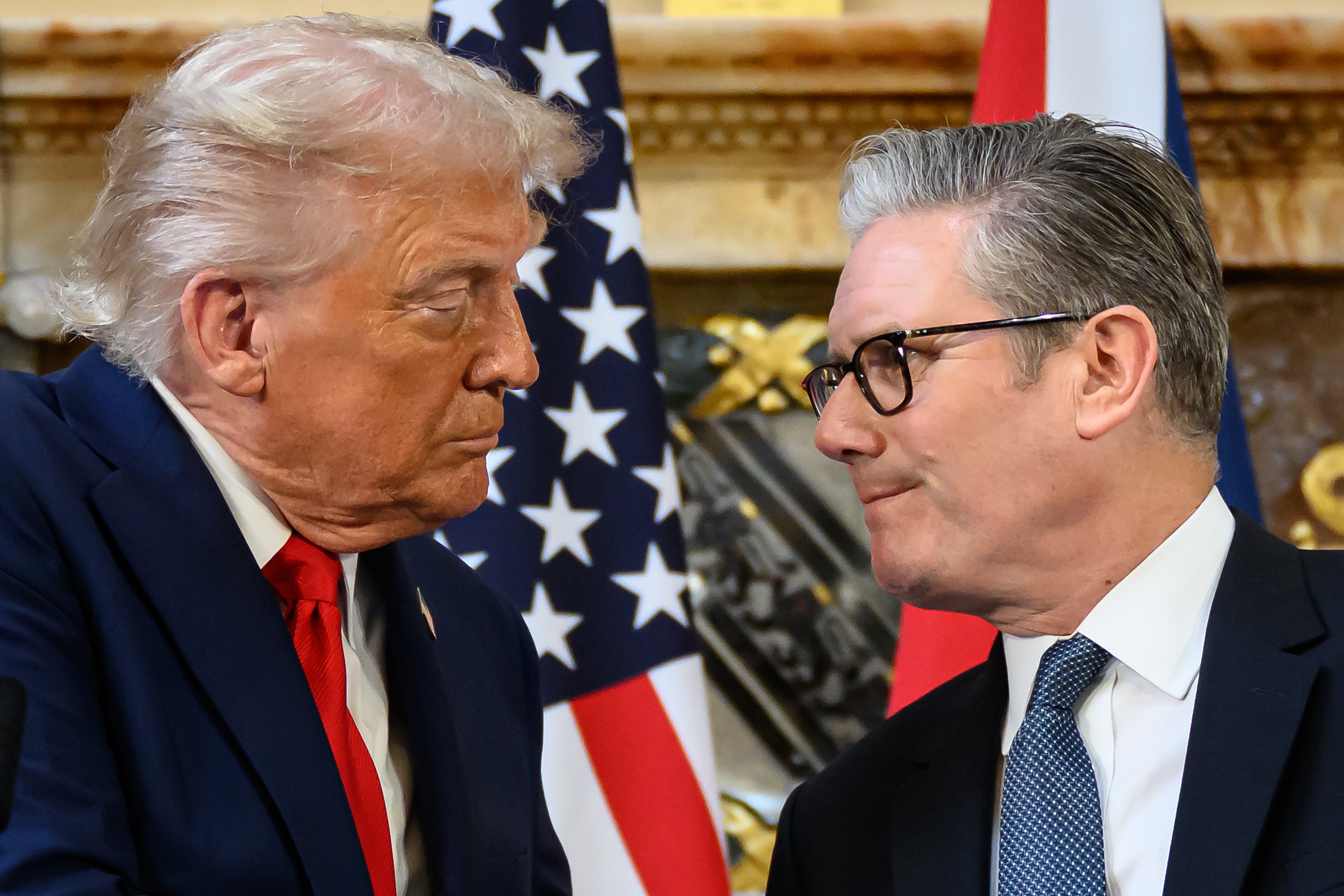
Western political and military dominance over the world has been brutally undermined by the actions of the West itself. Claims by democracies to hold the moral high ground in international affairs and human rights have been smashed by the illegal invasion of Iraq and the extrajudicial killings of alleged terrorists, and now drug dealers, by successive US administrations.
Saudi Arabia might try to argue now that the murder of Jamal Khashoggi, lured to his death in the Saudi consulate in Istanbul, was simply a preemptive attack on a “terrorist” not the killing of a critic.
Under the kind of doctrine now being used by the White House to kill alleged drug smugglers from Venezuela with air strikes, without trial or visible evidence, it’s hard to see why any nation would resist the temptation to knock off its critics – wherever they are.
Russia at least bothers to deny its overseas assassinations.
The US's latest veto of a UN Security Council resolution to demand an immediate ceasefire in Gaza will be seen in the Middle East and Pakistan as yet another example of racist moral perfidy from Washington.
And since the Taliban beat America and its allies out of Afghanistan, the perception that the West can impose what it cannot persuade through military power has been exposed as a fiction.
In short, the world is feral and dangerous, and has slipped out of Western control. No wonder like-minded nations like Pakistan and Saudi Arabia band together to survive the mess of the age.






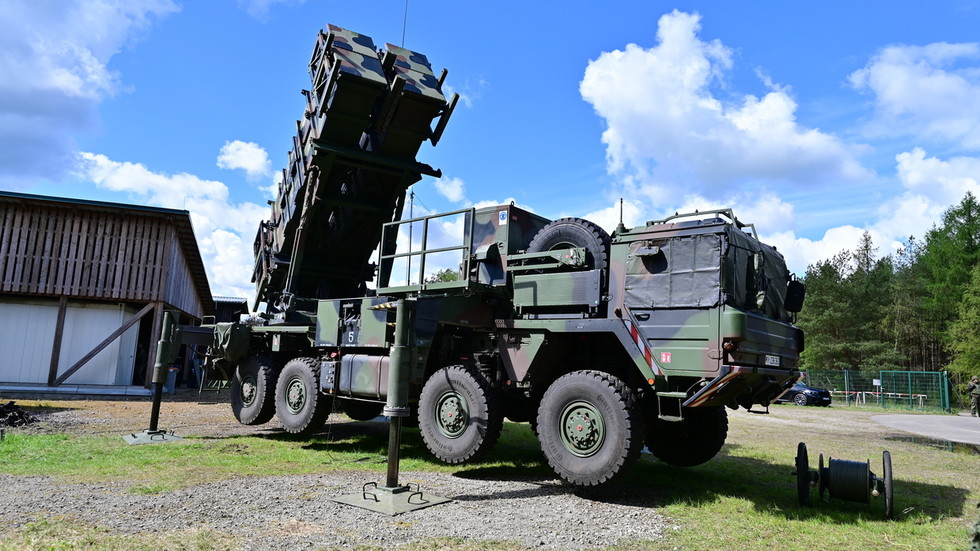




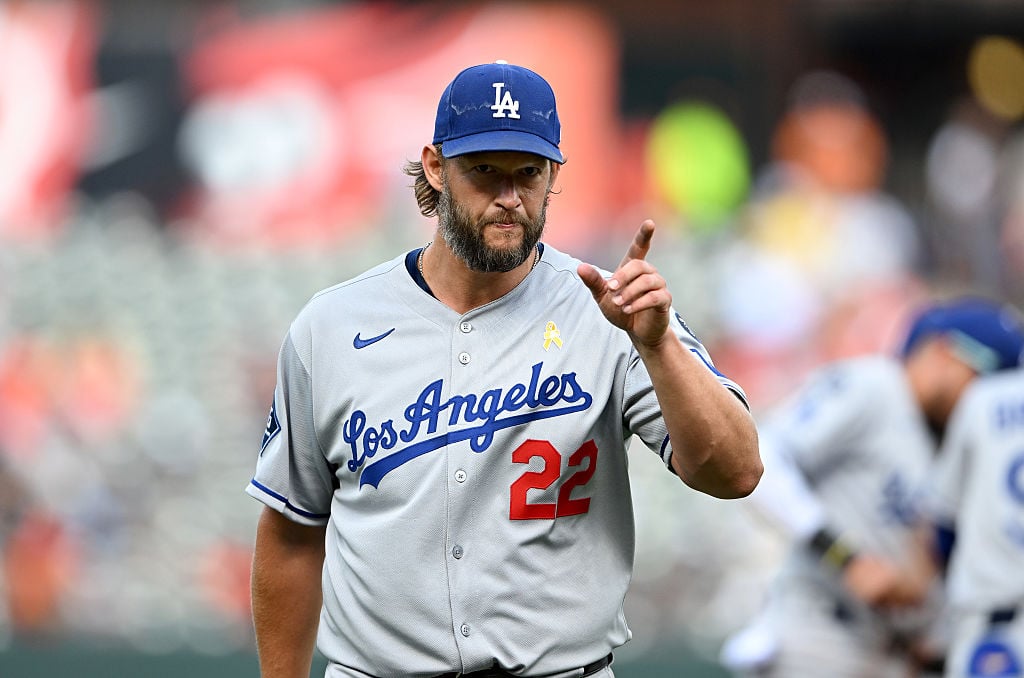


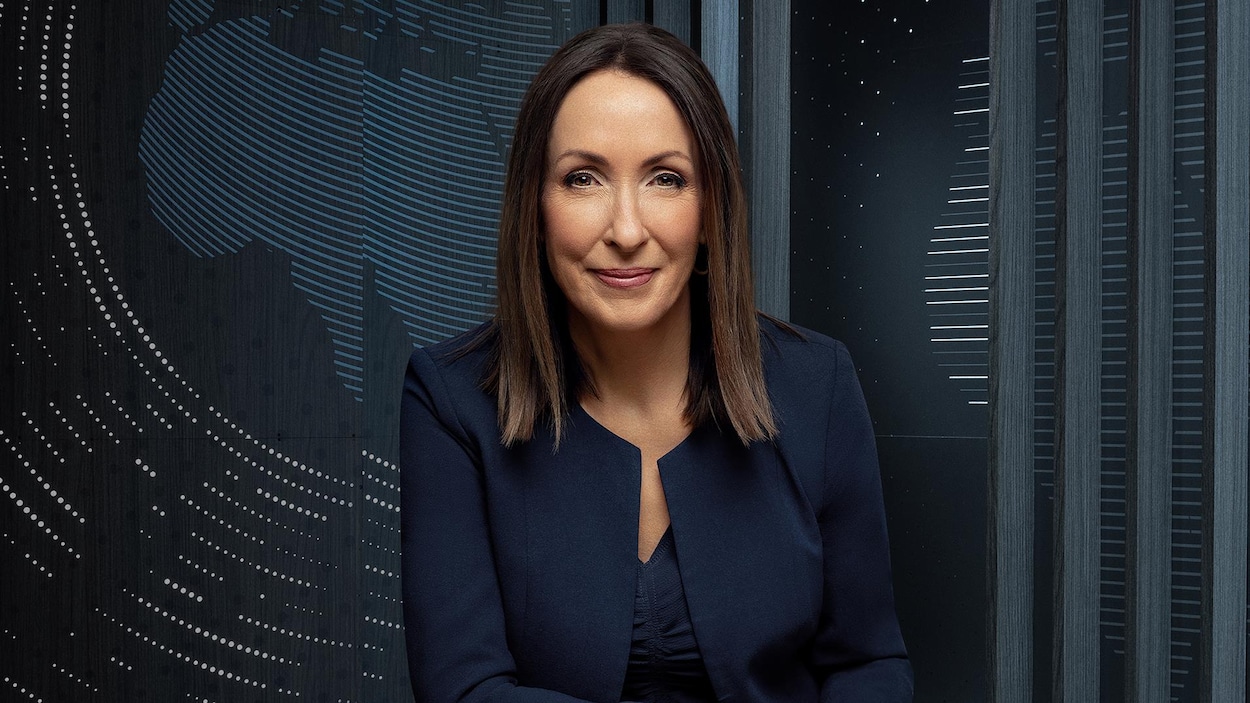






 English (US) ·
English (US) ·  French (CA) ·
French (CA) ·  French (FR) ·
French (FR) ·